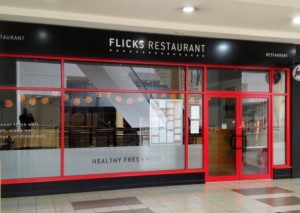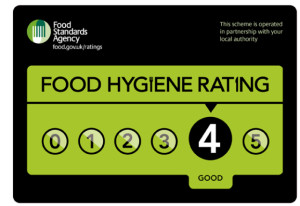When I turned 16 my dad and I (below, exactly as shown) took a trip around the U.S. and caught a bunch of baseball games at MLB parks. Seven cities, seven games in eight days. In each of the stadiums my dad and I ate a standard hot dog (to compare and rate) as well as a sample of the local food specialty (poutine in Montreal, cheesesteaks in Philly, etc.).
I wasn’t the healthiest teenager.
Food is a big part of the stadium experience for many.
In November 2014, ESPN’s Outside the Lines ran a story about Jon Costa, an Aramark employee at Kaufmann Stadium who reported frustration with his bosses over not being able to address food safety problems. Today, ESPN reported that Costa had been fired.
Jon Costa shared with “Outside the Lines” a copy of a letter he said his former employer, Aramark, sent him on March 17 saying Costa was being fired “for cause.” The letter outlines a number of reasons, the first of which is that he violated the company’s media policy by taking his concerns public.
In its letter of termination, Aramark also said Costa “failed to take prompt action to address food safety issues, notwithstanding documented support from his managers and direction from them to do so” and to discipline employees who were violating food safety practices.
But Costa said he had tried to solve problems by addressing them on site and bringing them to the attention of managers who never supported his efforts. He said he did not supervise anyone and had neither the authority nor training to discipline fellow employees.
The letter detailing his firing also says that Costa hampered Aramark’s relationship with the local health department and that he did not follow protocol in dealing with the department. Costa, who used to work for the City of Kansas City, Missouri, Health Department, denied those allegations. When “Outside the Lines” interviewed health department division manager Naser Jouhari in November, he said he knew Costa as a former employee and Aramark representative and that, “It’s all been pleasant. We never had any major concerns.”











